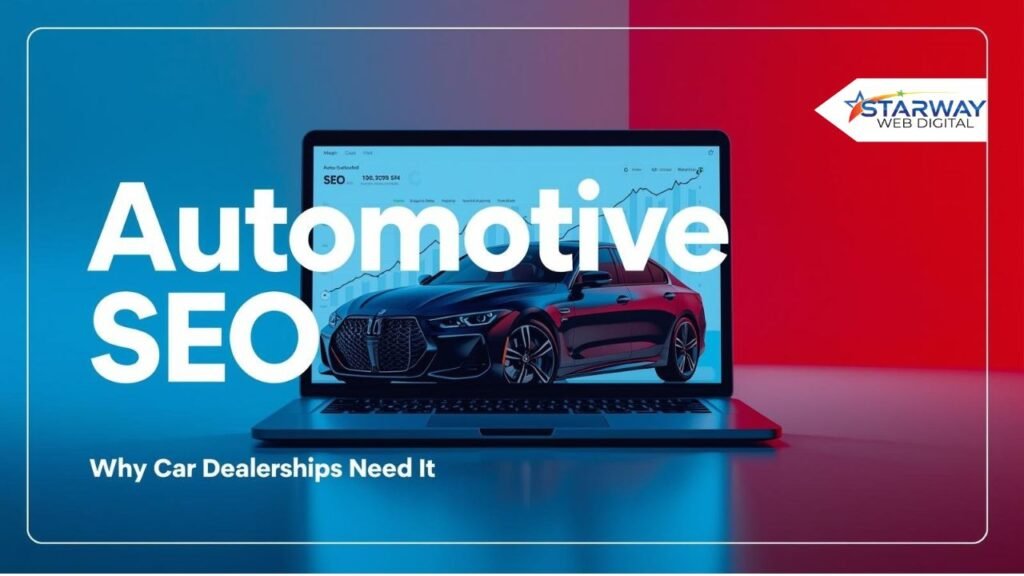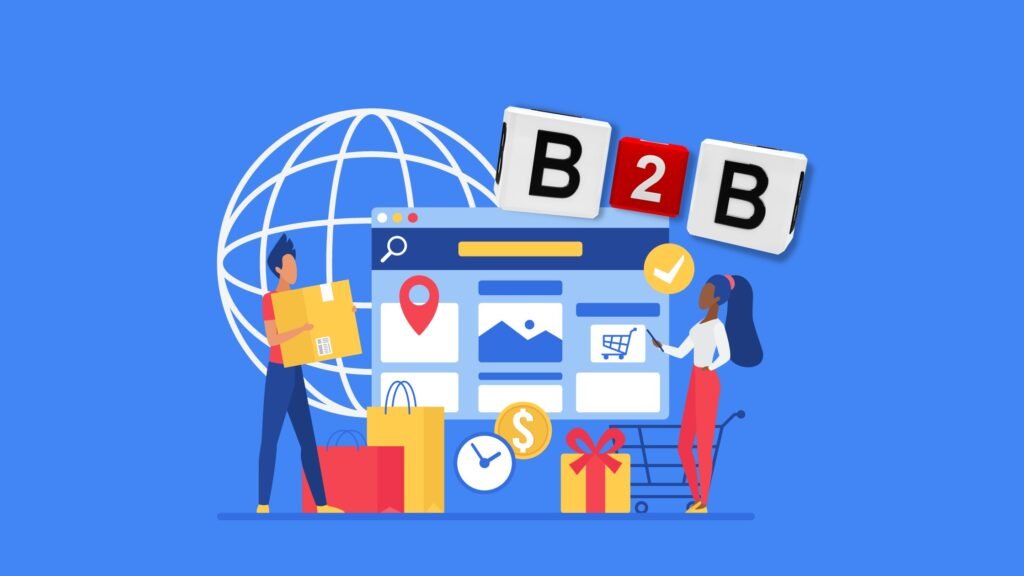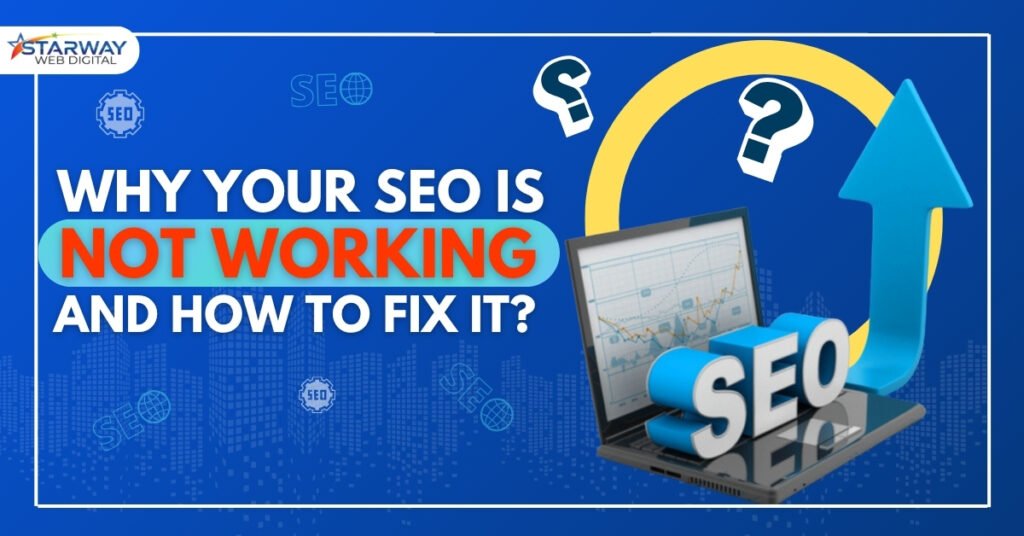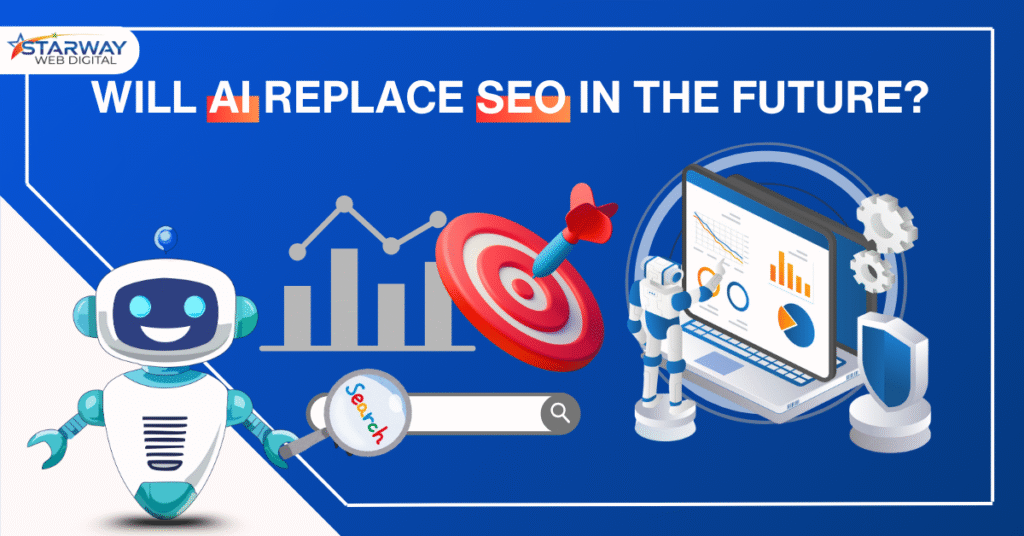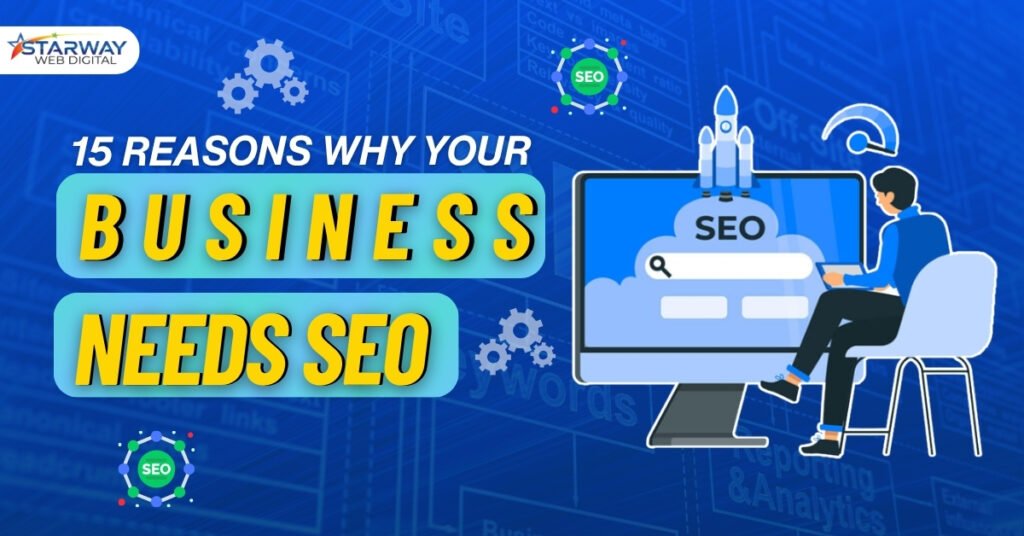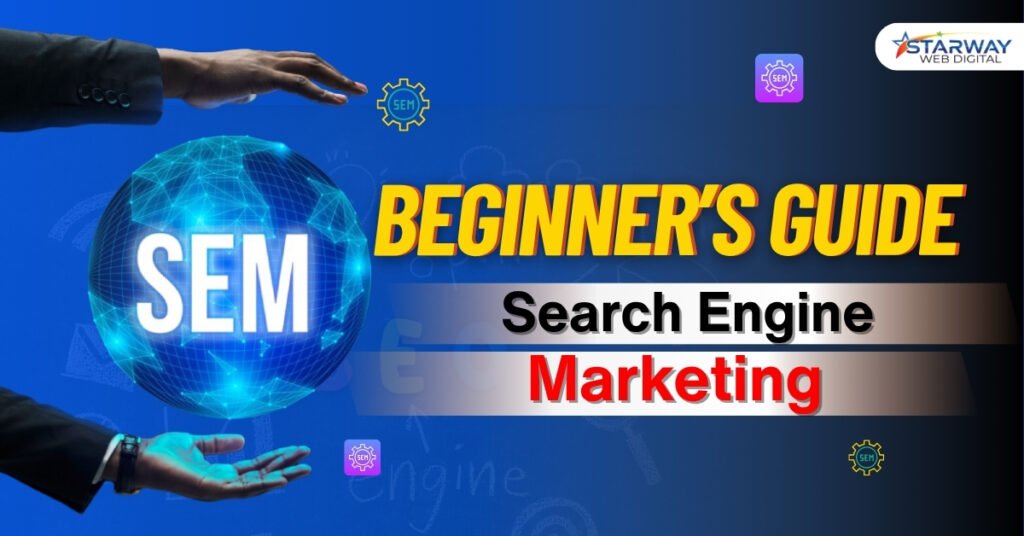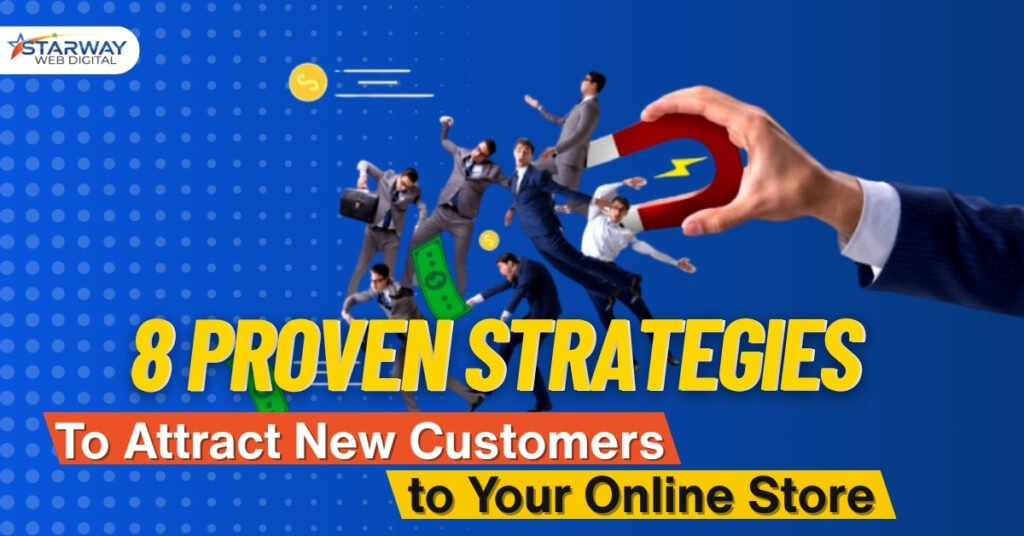Generative Engine Optimization (GEO) is a new approach to content strategy that focuses on making your website and digital content visible, quotable, and trustworthy for AI tools like ChatGPT, Google’s Search Generative Experience (SGE), Perplexity.ai, and other generative engines. As AI becomes a major tool for answering questions online, GEO helps ensure your brand is part of the conversation—even when there’s no traditional “search” involved. Why is GEO Important in 2025 and Beyond? Let’s be honest—people aren’t Googling everything anymore. More and more users are asking questions directly to tools like ChatGPT or using Google SGE to get instant summaries without clicking on websites. Here’s the kicker: if these AI tools don’t recognize or cite your content, you might never be seen, even if you’re ranking well on Google. GEO helps your business stay visible in this new AI-driven world by: How Is GEO Different from Traditional SEO? While Search Engine Optimization (SEO) is about improving your visibility on search engines like Google or Bing, Generative Engine Optimization is about being found and referenced by AI-powered engines that don’t always rely on clickable search results. Here’s a quick comparison: Element SEO GEO Goal Rank on search engines Be cited by AI engines Platform Google, Bing, etc. ChatGPT, SGE, Perplexity Focus Keywords, backlinks Structure, authority, clarity Outcome Traffic from SERPs Mentioned in AI responses Content Type Optimized for humans & crawlers Optimized for humans & AI summarizers Both SEO and GEO are essential, but GEO reflects how search behavior is changing. How Do Generative Engines Like ChatGPT or SGE Work? Understanding how AI engines function is key to knowing how to optimize for them. Most generative engines use large language models (LLMs) that: In short: if your content is structured clearly, authoritative, and factual, AI is more likely to use it when answering questions. Core Elements of a Strong GEO Strategy If you want your content to be quoted or cited by AI tools, you need to rethink how it’s created. Here’s how to approach it: 1. Create Topical Authority AI engines favor websites that cover a topic deeply and consistently.Don’t just write one blog post on “email marketing”—write several covering various subtopics like subject lines, automation, performance metrics, and spam compliance. Tip: Use content clustering to build topic authority. 2. Structure Your Content for AI Generative engines “prefer” content that’s: Tip: Think about how your answer would look inside a ChatGPT reply box. 3. Cite Sources and Add E-E-A-T Signals Google and AI tools alike look for Experience, Expertise, Authority, and Trustworthiness (E-E-A-T). Add author bios, cite statistics with sources, and link to reputable content. Make your site look credible, not vague. 4. Use Schema Markup and Structured Data Schema.org markup helps AI engines “understand” your content more precisely. Examples: These make your content easier to parse and more likely to be selected. 5. Be Citation-Friendly Write content in a way that makes it easy to quote. Instead of long, complicated explanations, write concise, factual statements. If you include original data or expert insights, that’s even better. AI engines love summarizing punchy, informative lines. A Simple Example of GEO in Action Imagine a website publishes a blog titled “How to Register a Trademark in the USA”, and it: Now someone asks ChatGPT: “How do I register a trademark in the U.S.?” ChatGPT might directly quote or summarize this blog—even if it’s not ranked #1 on Google—because it’s clear, accurate, and well-structured. That’s GEO working in real time. How to Get Started with GEO If you’re just starting, here’s what you can do today: And if you’re feeling overwhelmed or unsure where to begin, you don’t have to figure it all out alone. At Star Way Web Digital, we help businesses stay visible in the AI-driven search landscape with tailored GEO content optimization services that blend technical SEO, structured content, and topical authority — everything modern AI engines love. Final Thoughts Generative Engine Optimization is no longer optional—it’s essential. With more users relying on AI to answer their questions, the old “page 1 of Google” model isn’t enough. Your content needs to be visible where users are looking now: inside the answers themselves. By following GEO best practices—creating clear, structured, and authoritative content—you’ll not only stay ahead of the curve but also future-proof your online visibility in a world increasingly powered by artificial intelligence. And if you want expert help implementing a winning strategy, the team at Star Way Web Digital is ready to elevate your brand through smart, scalable GEO solutions.

